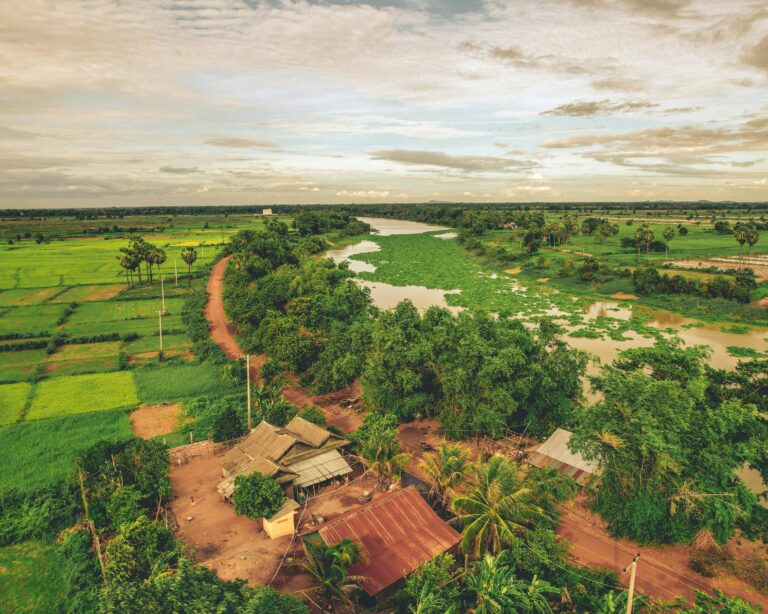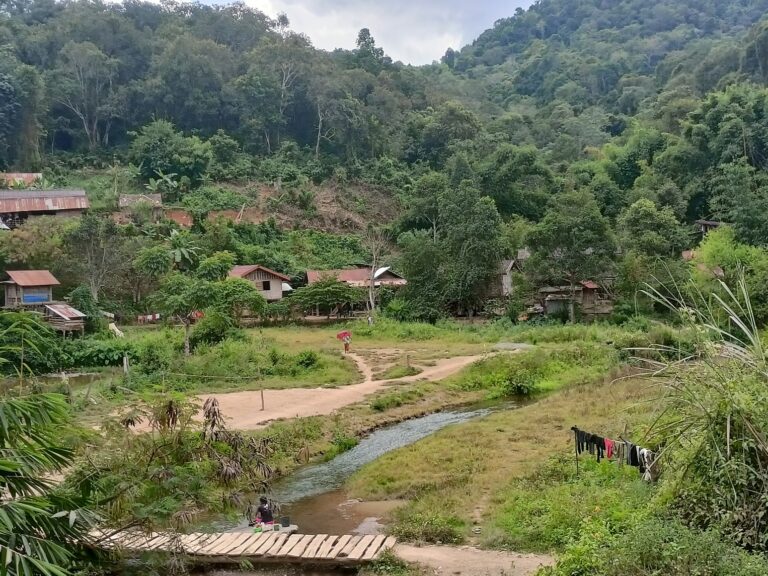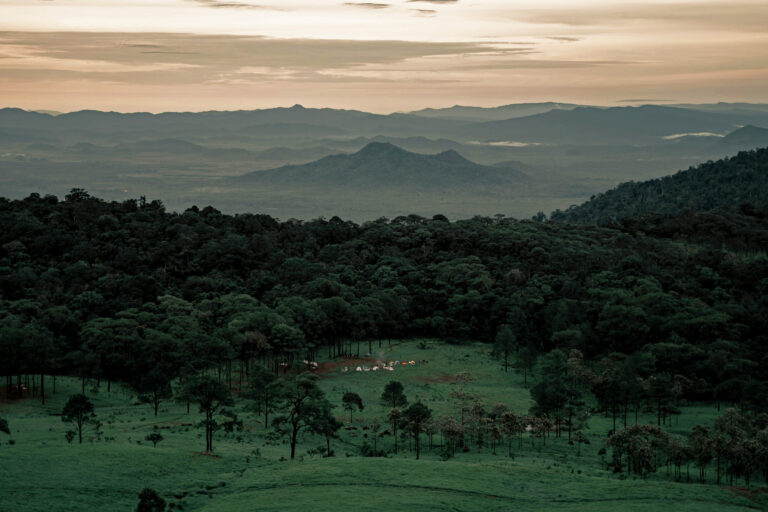Project Description
Despite high energy demands and significant renewable energy potential, the Mekong region’s electricity supply remains dominated by medium and large-scale hydropower, with only minimal contributions from other renewable sources like wind and solar. Countries such as Viet Nam and Thailand have so far harnessed less than 10% of their renewable energy potential. This project aims to shift this trajectory by promoting investment in environmentally sustainable and equitable renewable energy technologies. It highlights the opportunity for countries to leapfrog from conventional energy pathways to advanced renewable systems and avoid long-term lock-in to socially and environmentally harmful hydropower infrastructure.
Objectives, Activities and Results
The project seeks to catalyze the adoption of cleaner energy alternatives by identifying and addressing barriers to renewable energy deployment in the region. ICEM is leading the analysis of these barriers—technological, financial, regulatory, and institutional—and is providing actionable recommendations to overcome them. The work builds on a Strategic Environmental Assessment (SEA) of the regional power development plan for the Greater Mekong Subregion, also led by ICEM under an ADB technical assistance initiative. The project is expected to enhance regional energy planning, enable informed policy shifts, and accelerate investment in sustainable energy technologies, helping the region transition toward a low-carbon energy future.



